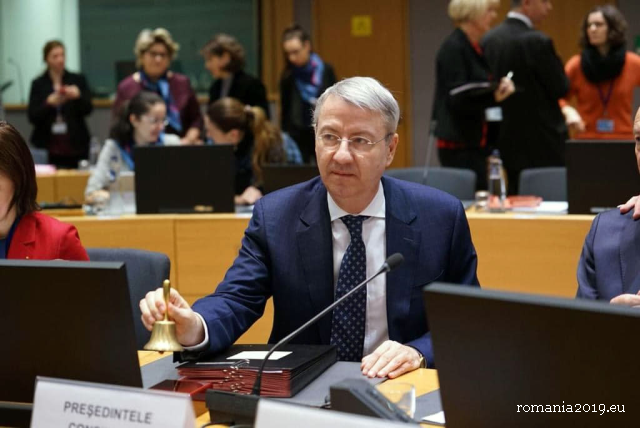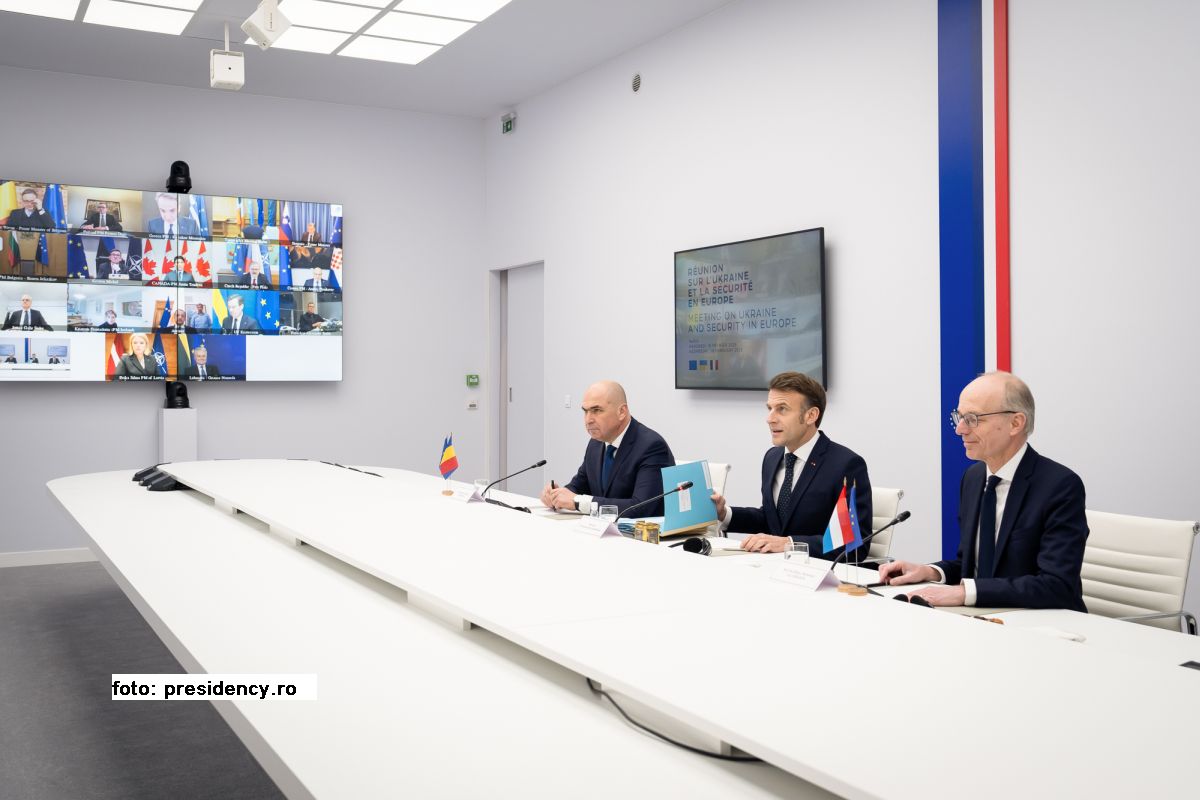Romanian priorities in the run-up to the European elections
One of the goals of Romania's Presidency of the Council of the EU is to keep the upcoming European Parliament elections free of fake news and disinformation.

Bogdan Matei, 30.01.2019, 12:47
The upcoming elections to the
European Parliament are one of the most important landmarks of the Romanian
Presidency of the Council of the EU. In fact, even before Romania’s taking over
the 6-month rotating presidency, EU officials informed Bucharest that no less
than 257 files were to be debated in only four months, because in May the
European political scene would be dominated by the election campaign.
Against this background, one of the
priorities of the Romanian presidency is to combat online disinformation. The
Romanian Minister Delegate for European Affairs, Geroge Ciamba, hopes that an
agreement on this topic between the EU institutions will be concluded soon, for
the legislative package regulating the European elections to come into force in
April. The citizens of the members states must be able to vote freely, without
any inference in the election process, Ciamba has stated. That is why combating
disinformation is one of the priorities on Romania’s agenda, and cyber-security
is part of the strategic plan that is to be presented to the EU partners in
February. In fact, analysts have long warned that the avalanche of fake news
that circulates online is deliberately undermining the credibility of EU
institutions and turn the very founding principles of the EU into an object of
derision. Beneficiaries of such disinformation campaigns are extremist
politicians and parties, be they far-right or far-left, populist, secessionist
or just anti-European. George Ciamba:
We have talked about means of
ensuring a better communication about Europe, with the aim of leaving no room
for disinformation. We should not forget that such campaigns target the
European institutions. We have agreed that Romania’s priority is the priority
of the European Parliament too, and that our ambition to come up with
conclusions in February is a normal and necessary level, because the European Parliament
elections are due soon.
Radio Romania’s correspondent in Brussels
recalls that new rules have already been promoted, allowing financial sanctions
against political parties and foundations that abusively use personal data of
potential voters, in order to deliberately influence the outcome of the
election. Sanctions would stand at 5% of the annual budget of the guilty party
or foundation. Moreover, once subject to such sanctions, the said parties would
no longer benefit from EU funding the next year. The new regulations, however, can
only come into force when officially approved by the European Parliament.






























